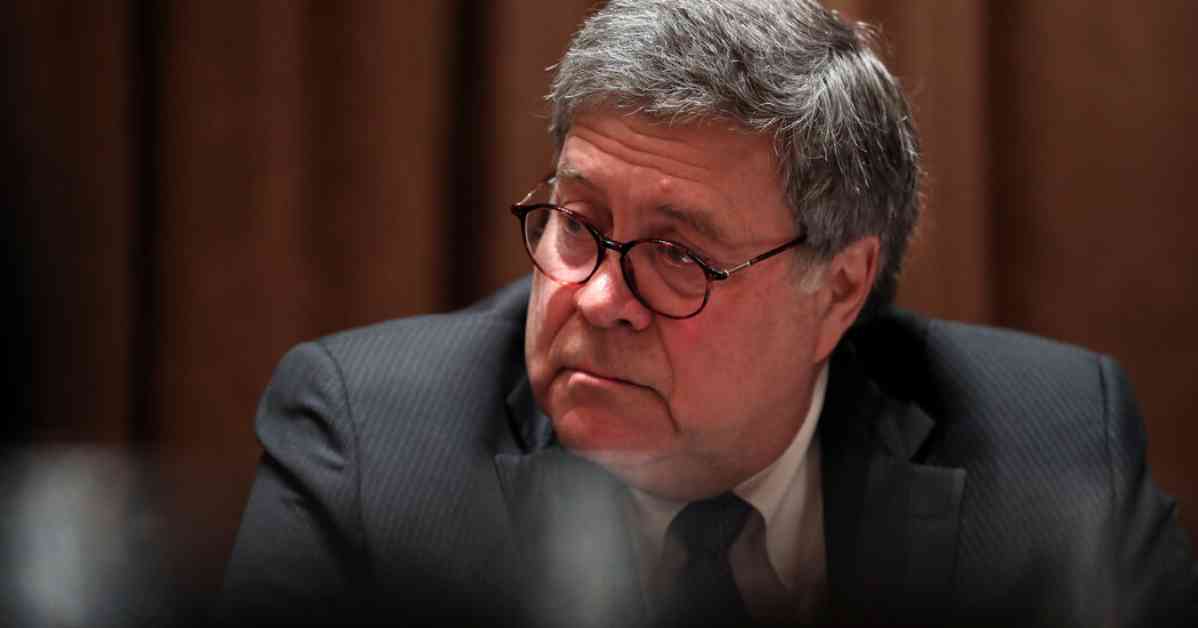In September 2020, the Justice Department announced an investigation into the dumping of pro-Trump absentee ballots in Pennsylvania. However, it was later revealed that a mentally impaired seasonal elections employee had mistakenly discarded nine ballots, and no charges were brought. This information was not made public until after Joseph R. Biden Jr. had defeated Mr. Trump.
Nearly four years later, the Justice Department’s inspector general criticized former Attorney General William P. Barr and David Freed, a Trump-appointed U.S. attorney in Pennsylvania, for publicly disclosing a continuing criminal investigation and allowing a mistaken perception to linger during an election. The inspector general was particularly troubled by Barr’s decision to brief President Trump on the inquiry, which may have led to false and exaggerated claims about election security.
The report stated that Department leadership was aware of information that contradicted the narrative that election workers were intentionally discarding ballots cast by Trump voters. Barr and Freed chose not to inform the public before the election that the individual under investigation was mentally impaired and had discarded the ballots by mistake, and that criminal charges were unlikely.
This critique raises concerns about the handling of sensitive information related to election security and the potential impact on public perception. It highlights the importance of transparency and accuracy in communicating details of ongoing investigations, especially in the context of a highly contentious election.
Moving forward, the report includes four recommendations for reforms to prevent similar situations from occurring in the future. These recommendations aim to improve the handling and communication of sensitive information within the Justice Department to ensure greater accountability and transparency.
Overall, the inspector general’s report sheds light on the complexities of investigating election-related incidents and the need for clear and responsible communication from government officials. It serves as a reminder of the importance of upholding the integrity of the electoral process and ensuring that accurate information is shared with the public to maintain trust and confidence in the democratic system.


















